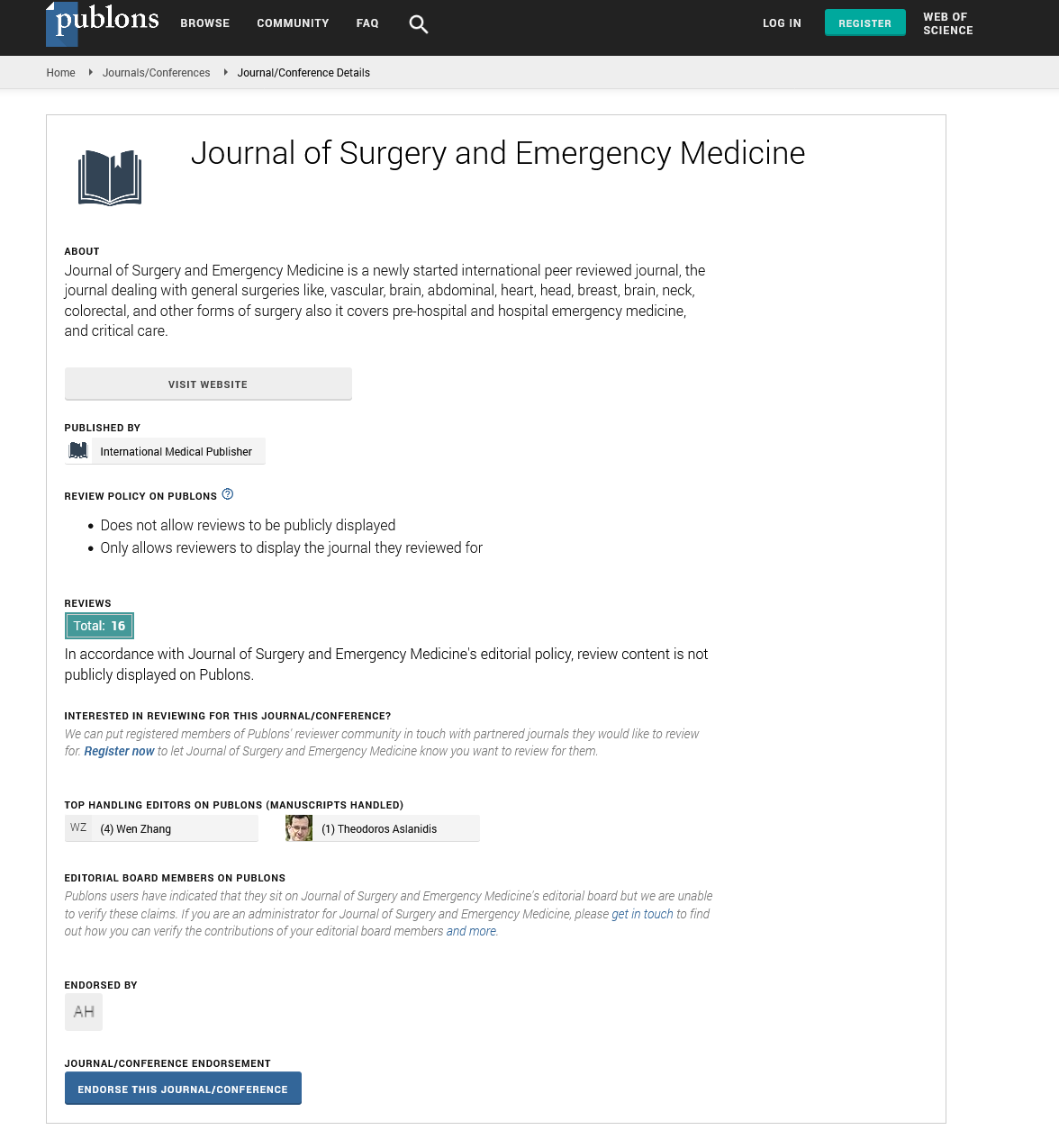Abstract
Correlation of Intracranial Hemorrhage and Anticoagulant Medications
Abstract With the population of the elderly projected to increase exponentially in the next 10 years, it is becoming even more essential to investigate what causes the elderly to require medical attention. The population in this study involves originates from an area where there is a large elderly population who frequently require hospitalization after a fall, many of whom are taking anticoagulant medications. Objective: This study is aimed at finding statistical correlation in one of the seemingly more common occurrences among Trauma Surgeons in our Level 1 Trauma Center, an elderly patient who suffered a fall and was found to have an intracranial hemorrhage while taking anticoagulants. Design: Retrospective analysis of data from a Level 1 Trauma Center Registry. Setting: Level 1 Trauma Center in Springfield, MO. Data collected October 1, 2015 to February 1, 2017. Measurements: Age, Injury Severity Score (ISS), Type of intracranial hemorrhage, Patient Arrival Date and Time, Discharge Date and Time, Post ED Disposition, Discharge to Location. Results: With the relative risk being greater than one we can conclude there is an increased risk of intracranial hemorrhage (ICH) with the use of anticoagulation in patients greater than age 65 and older. Subdural hematoma was the most common type of ICH in both the anti-coagulated and non-anti coagulated population. Limitations: Retrospective analysis. Accuracy of data depends on accuracy of charted information. Conclusions: Elderly populations are most likely to suffer significant injury with falling from the same level due to a slip or trip and the most common type of ICH was the subdural type across all scenarios of these populations. Patients are more likely to develop ICH if they are on anticoagulants. We were also able to determine that the anticoagulated population is older on average compared to the nonanticoagulated population. Additionally, the anticoagulated population was more likely to be taking Warfarin only for anticoagulation and this same population was more likely to have a SDH. Anticoagulants were statistically shown to increase one’s risk of death due to a fall and subsequent ICH.
Author(s): Marian SK*, Shreedip P, Timothy W, Keith C and Justus B
Abstract | Full-Text | PDF
Share This Article
Google Scholar citation report
Citations : 131
Journal of Surgery and Emergency Medicine received 131 citations as per Google Scholar report
Journal of Surgery and Emergency Medicine peer review process verified at publons
Abstracted/Indexed in
- Google Scholar
- Publons
Open Access Journals
- Aquaculture & Veterinary Science
- Chemistry & Chemical Sciences
- Clinical Sciences
- Engineering
- General Science
- Genetics & Molecular Biology
- Health Care & Nursing
- Immunology & Microbiology
- Materials Science
- Mathematics & Physics
- Medical Sciences
- Neurology & Psychiatry
- Oncology & Cancer Science
- Pharmaceutical Sciences
